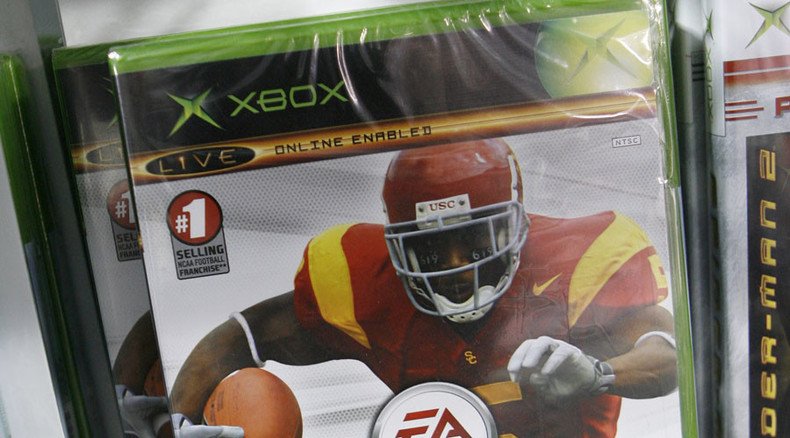Does EA Directly Pay Individual Athletes for Using Their Likenesses in Sports Video Games?
EA is one of the leading video game developers in the world, renowned for its realistic sports simulations. But how exactly are athletes compensated when fans play as their digital selves? While players clearly benefit from increased exposure, does EA directly pay individuals for their likenesses?
Athlete Likeness Licensing in Sports Games
When fans boot up the newest FIFA or Madden title, they expect to play as the biggest stars in each respective sport. However, EA does not maintain individual licensing agreements with professional athletes. Instead, sports leagues negotiate extensive deals that grant EA the rights to recreate official teams, rosters, stadiums, and even digital representations of athletes.
League Marketing Rights Extend to Games
As part of standard player contracts, sports organizations own certain marketing and sponsorship rights for those competing under their banners. This includes licensing an individual’s name and likeness to third-party partners. So when leagues sign sweeping deals with EA, athletes are essentially giving proxy consent for their digital recreation through existing employment contracts. Players themselves do not see direct compensation from game sales or virtual jersey purchases.
Compensation Varies by Sport and Competition Level
While exact compensation details remain private, some speculate certain league CBAs may account for licensing revenues distributed to player pools. Collegiate players present a unique situation, as the controversial NCAA policy previously barred athletes from monetizing their NILs in any way. This positioned school programs and conferences to exclusively profit off multi-million dollar licensing contracts, to the chagrin of players seeing none of those revenues.
Leagues Benefit Tremendously from Licensing Revenue
With billions in annual sales, sports games serve as a major profit generator and global marketing tool for the leagues recreated within. The NBA 2K series in particular helps spread basketball fandom worldwide, building new fans and markets internationally. Leagues maximize these exposure opportunities through extensive deals with developers. Additional sponsorships, jersey deals, and higher broadcast rights are direct outcomes of the expanded global fanbases fueled by sports simulations.
Indirect Player Benefits of Popular Simulations
While athletes receive no direct payments, simulations still provide value. Increased exposure to new fanbases through authentic gameplay experiences boosts individual player profiles and brands. Better league viewership and revenue naturally leads to higher salary cap ceilings and maximum contracts over time as well. National team selections may also consider global social metrics and virtual popularity. So professional players still reap indirect financial rewards from sports games’ promotional effects.
Future Compensation Changes Remain Possible
The emerging trend of athletes pursuing their own name, image, and likeness rights could complicate existing structures. High-profile antitrust lawsuits are challenging leagues’ absolute control over licensing. Individual marketing agencies may strike custom endorsement deals for virtual appearances. Though licensing through organizations remains most functional, mounting pressure to compensate collegiate athletes indicates a potential shift. Future student-athletes may negotiate their own pacts or collect group licensing revenues. The existing frameworkEA operates within will likely evolve in unforeseen ways. In summary, while bringing the biggest sports leagues and athletes to life in virtual form, EA’s licensing agreements are held at the organizational level rather than individually. Players benefit indirectly from increased values and league success bolstered by the promotional effects of massive-selling sports simulations. Though compensation models remain in flux, digital athletes continue enhancing real-world careers through authentic virtual experiences in EA’s sports titles.
